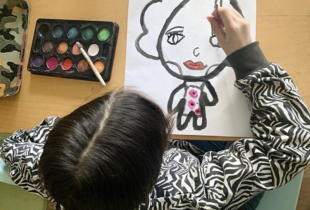
There’s a reason why they say that parenting is the most challenging job in the world. The parent’s task isn’t simply to ensure that the child is well-fed and has a place to sleep. It’s to meet all their physiological, social, mental, and emotional needs.
Unfortunately, though, when the role of a parent or guardian is out of the picture, things can take a dark turn.
What orphanages provide
Orphanages and homes for children and young adults are necessary institutions that perform essential functions. They provide shelter to those that have none, offering food, water, warm beds, and a safe space.
Without orphanages, millions of children worldwide would have severely diminished chances of survival. However, they only meet the children’s basic needs, which isn’t enough.
What else is needed
Through our Charity for Balkan Children, we’ve seen countless orphanages with staff devoted to their residents. Skilled experts try to provide safety, warmth, comfort, and support day in and day out. Still, regardless of how devoted the staff members of an orphanage are to the children, there often isn’t enough time for them to give every child the love and attention they deserve and need.
To grow into skilled, successful adults, children need unconditional love. They need support from their community. They need stability, protection, friendships, and a sense of belonging – all of which are often unavailable at shelters and orphanages.
Children who grow up without social, mental, and emotional support often have mental and behavioral issues down the line. They’re more likely to have attachment and anger issues, suffer from depression and anxiety, and more. They’re more likely to struggle with their self-esteem and self-actualization.
Ultimately, they’re more likely to grow into adults who have difficulties finding their place in society.
How can you help
Supporting orphanages through donations is essential. After all, without food, water, clothing, and shelter, orphaned children would have no place to go.
However, if you want to help in other ways, there are countless ways to do so – all you need to do is give love and support. You can always volunteer at your local orphanage, organize community activities that include these children or work one-on-one with an orphaned child, helping them with their homework or just playing with them. You could even offer them schooling and career opportunities.
Every little bit helps.
You can also join our organization for Balkan Children. Let’s make the world a warmer, safer place for all children and provide as many of them as possible with more than just the bare necessities.





